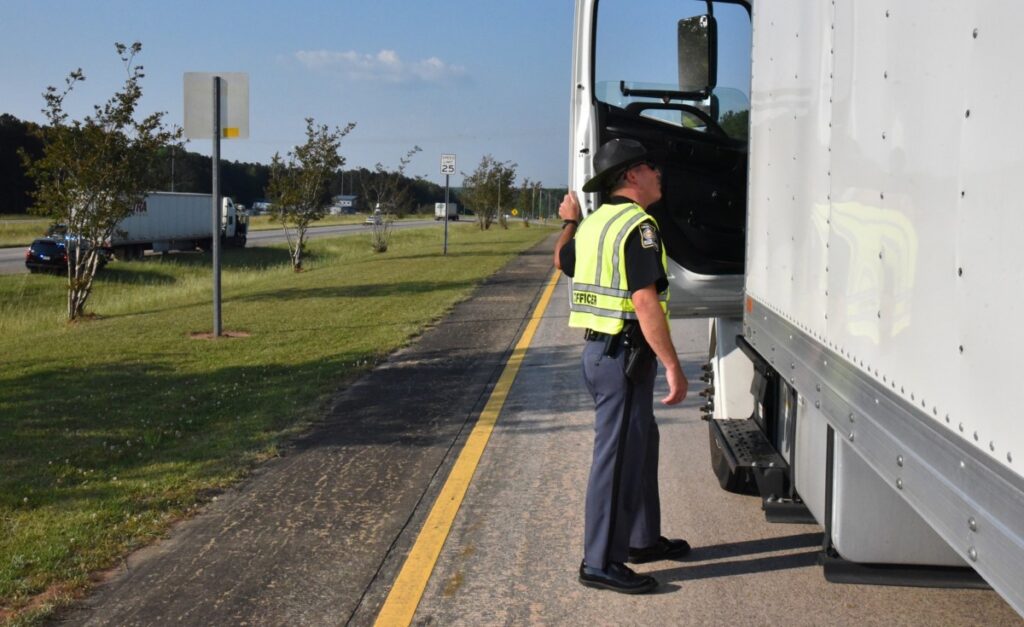Date: June 4, 2025

A recent debate is heating up in the trucking world: Should English proficiency be a top priority when it comes to highway safety?
As the FMCSA continues to enforce federal rules requiring drivers to speak and understand English, many in the industry are questioning whether this focus is actually improving road safety — or just creating unnecessary barriers for hardworking immigrant drivers.
What’s the Law?
FMCSA regulations require commercial drivers to be able to:
- Speak and understand English well enough to communicate with the public and law enforcement
- Understand road signs, respond to official inquiries, and fill out required paperwork
Failing to meet these standards can result in violations, citations, and even job loss — especially during roadside inspections.
Critics Say It Misses the Mark
Opponents argue that cracking down on English skills doesn’t necessarily mean safer roads.
Many point out that a driver’s ability to operate safely has more to do with experience, training, and professionalism — not their fluency in English.
Some trucking companies and industry experts believe enforcement efforts should focus on:
- Driver fatigue
- Vehicle maintenance
- Training and safety records
According to them, these areas have a far greater impact on public safety than language skills.
What Drivers Are Saying
For many immigrant drivers — especially in communities where dispatching, paperwork, and communication are handled in another language — the current policy feels like a double standard. They’re doing the job safely and legally, yet facing extra scrutiny for not speaking perfect English.
At the same time, others agree with the rules, saying that basic communication is essential in emergencies or when dealing with law enforcement.
🚛 What do you think? Should English skills be a top priority — or should enforcement shift to real safety risks?
📲 Drop your opinion in the comments — and stay updated with the latest industry news right here.
